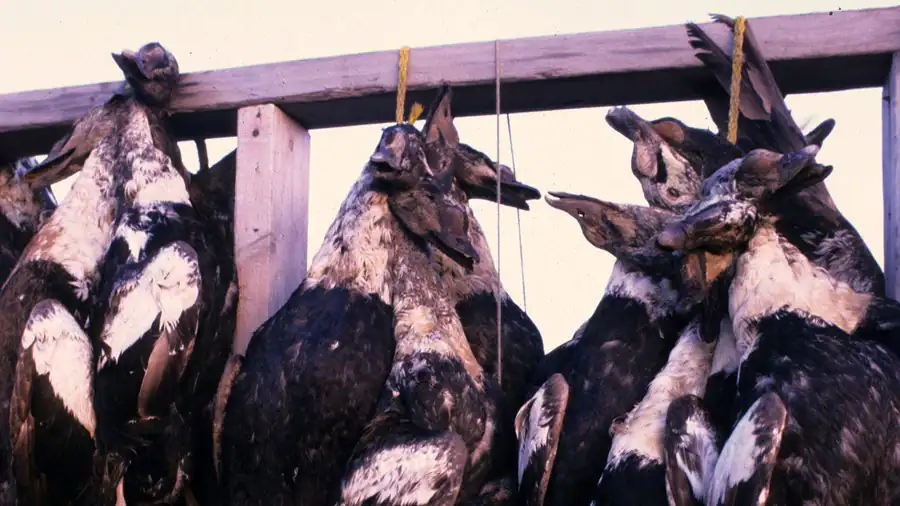AFN and Denali Commission Launch ARTIC Project to Gather Input
The Alaska Federation of Natives and the Denali Commission launched the Alaska Resource and Tribal Infrastructure Coordination Project to collect community input on federal resource and infrastructure decisions, beginning with an online listening session on November 7. The effort matters to North Slope residents because executive actions under Executive Order 14153 and forthcoming federal decisions could alter land selections, subsistence rules, and infrastructure funding that affect coastal erosion, subsistence resources, and the high costs of rural construction.

The Alaska Federation of Natives and the Denali Commission have opened a yearlong effort to shape federal planning for resource development and infrastructure across Alaska. The project, called ARTIC, began with an online listening session on November 7 and aims to produce actionable recommendations that prioritize benefits for rural communities, tribes, Alaska Native corporations, and local governments.
Organizers framed the work as a response to a federal policy environment that could expand resource development and trigger reviews of longstanding land and regulatory decisions. Executive Order 14153, Unleashing Alaska’s Extraordinary Resource Potential, directs federal agencies to review Public Land Orders that withdrew land from Alaska Native corporation selection, reassess policies on trust land for Alaska Native tribes, and revisit rules affecting subsistence hunting and fishing access. The order also calls for reviews touching navigable waterways, submerged lands, and rules for activities in national parks, including the King Cove Road matter through Izembek National Wildlife Refuge.
Sarah Lukin, former president of Cook Inlet Region, Inc and now a management consultant, told participants why the forum is timely. She said, “This administration is encouraging energy resource development in Alaska. The Denali Commission and AFN have partnered to provide our leaders with the necessary tools to provide our rural Alaska and Native leaders to have a voice in the planning process.” Lukin also stressed the project timeline, saying, “All of these deliverables have to be completed by September 2026. Participating in a listening session is the greatest opportunity to share ideas and feedback to us as a project team.”
The Denali Commission, a federal agency created in 1998 to coordinate rural community development, has guided more than two billion dollars in spending on projects ranging from utilities to transportation and community facilities. The commission faces budget uncertainty after a proposed federal budget this summer included zero funding for six regional development commissions, including the Denali Commission. Julie Kitka, former AFN president and now federal co chair of the Denali Commission, has urged Congress to fund the commission through the appropriations process.
Local issues surfaced in the November session, including coastal erosion, storm impacts on subsistence animals and seafood, and the high cost of construction in remote communities. Project materials described the initiative as an opening for communities to influence federal investments and regulatory decisions, saying, “This project provides an opportunity for communities and tribes to weigh in on planning priorities for federal investments and regulatory decisions that could affect the North Slope and other regions across Alaska.”
More listening sessions, both in person and virtual, are scheduled in the coming months and AFN will publish a summary synthesizing the findings. For North Slope Borough residents, the ARTIC process represents a chance to make federal planning listeners to local priorities where land access, subsistence protections, and infrastructure needs intersect with national policy decisions.


